Dialogue with Doctoral Degree Holders
#03 CROSS TALK
Deepening our own skills and knowledge while enjoying collaboration with diversely talented human resources.
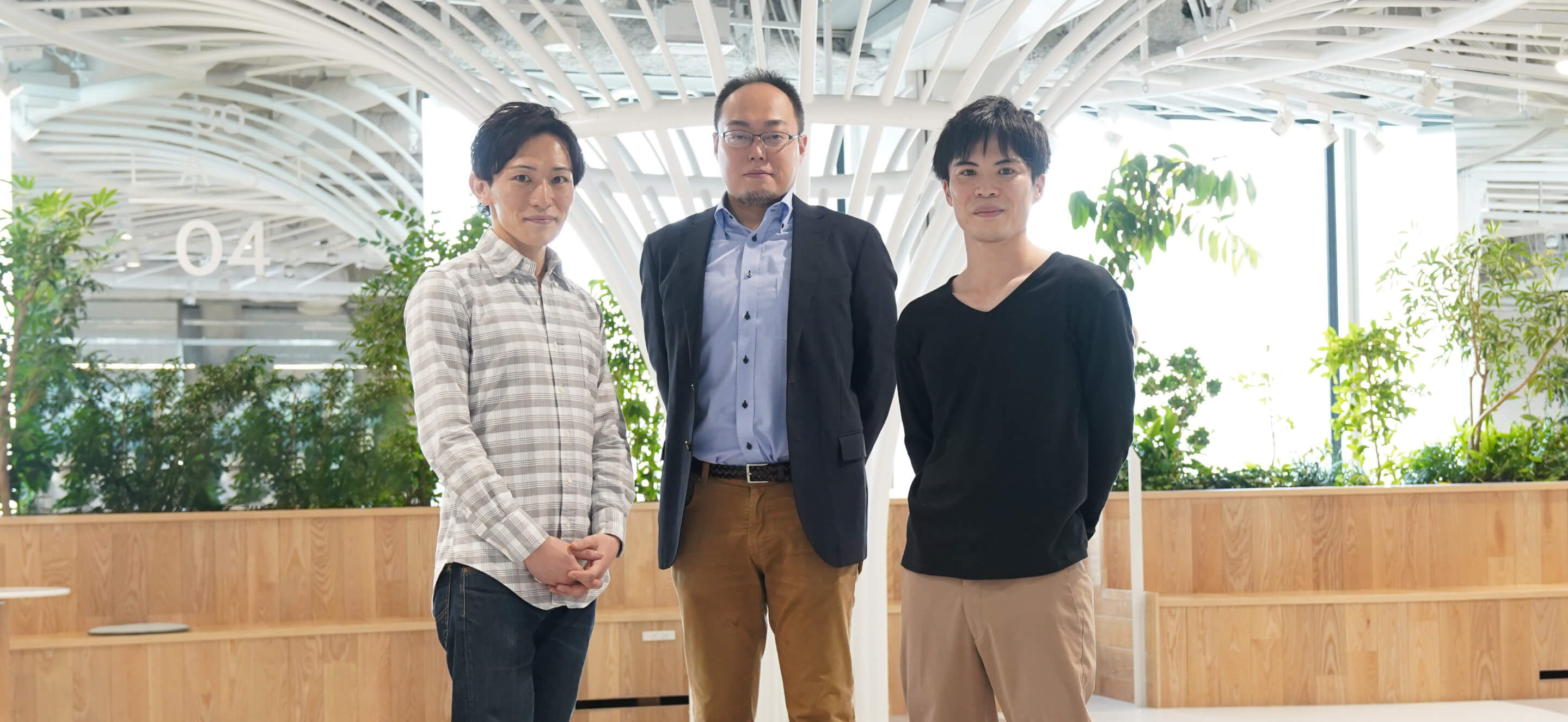
The JT R&D Group includes many doctoral degree holders, including members who completed doctoral programs before entering the JT Group, and members who gained doctoral degrees while working. We asked three members engaged in science research and product development in the R&D Group to answer questions such as, “Can we gain doctoral degrees while working?” and “How are you applying what you learned through your doctoral degree to your work?”
MEMBER
-
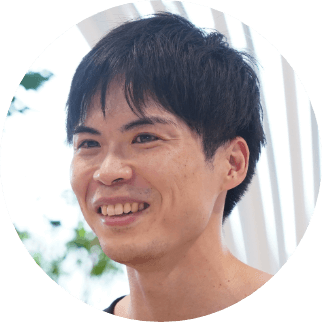 Science Research
Science ResearchShinkichi Ishikawa
Research on the effects of tobacco smoke on living organisms. Entered the JT Group as a new graduate in 2010. Obtained title of “Diplomate of the Japanese Society of Toxicology” in 2018. Obtained a doctoral degree in 2020.
-
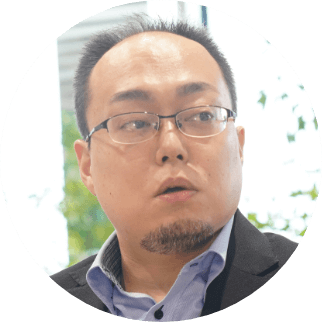 Technology Development
Technology DevelopmentKenichi Kudo
Responsible for development and management of flavor materials used in tobacco products. After completing a doctoral program, entered the JT Group as a new graduate in 2010.
-
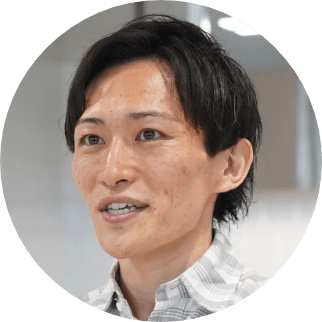 Technology Development
Technology DevelopmentTakanobu Nobori
Responsible for chemical analysis in the development of heated tobacco products. After completing a doctoral program, entered the JT Group as a new graduate in 2018.
Tell us your reasons for gaining a doctoral degree.
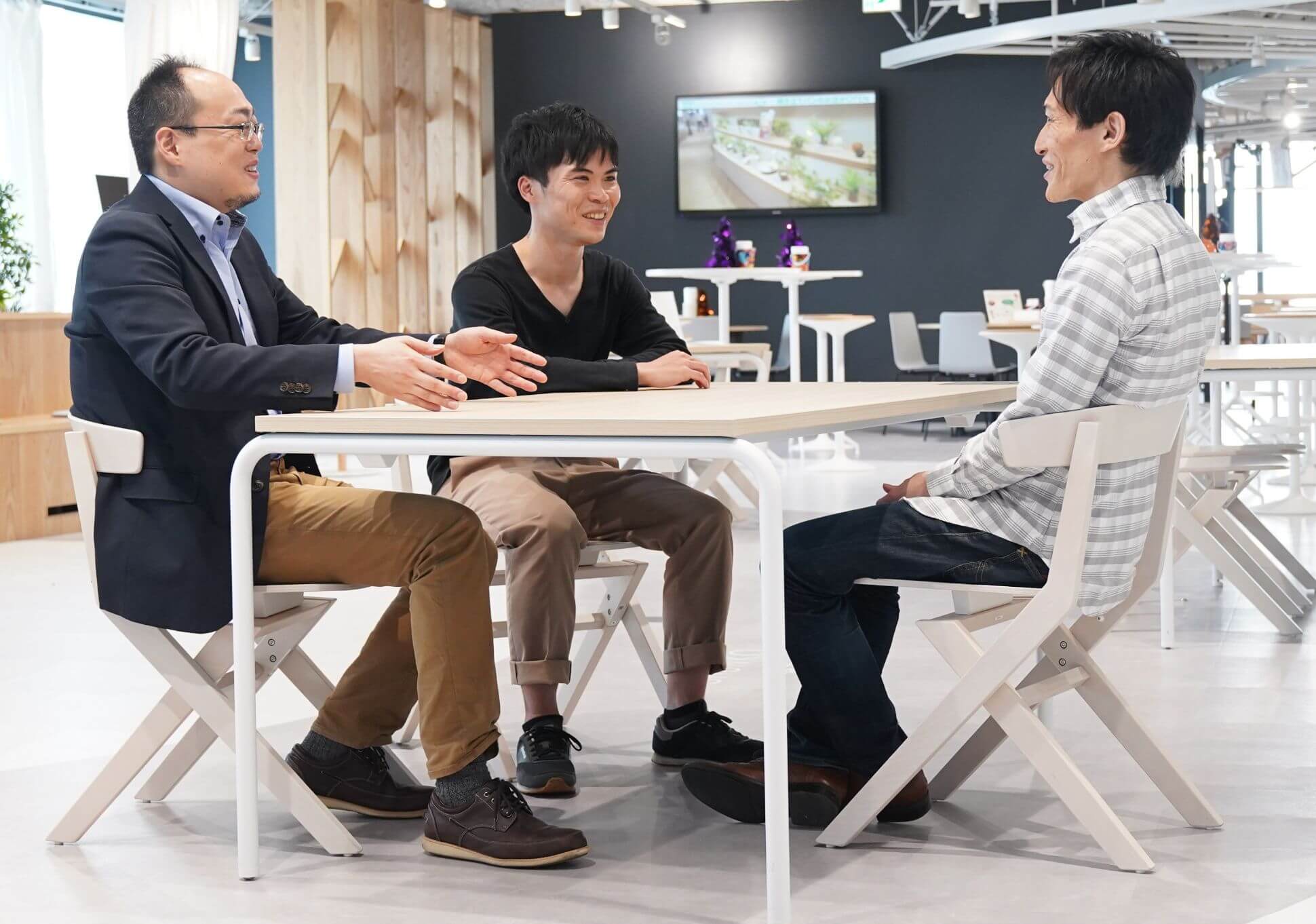
Different individual triggers for pursuing a doctoral degree.
-

Ishikawa -

Kudo When I was an undergraduate student I became involved with research, which made me recognize the enjoyment of making new discoveries myself and of being useful to others through my research. Rather than aiming specifically to gain a doctoral degree, it was more that I felt I wanted to pursue my own research until I was fully satisfied, so I ended up continuing it until I acquired a degree. After obtaining this degree, I entered the JT Group in 2010 as a new graduate.
-

Nobori While I was a student I specialized in medical engineering and enjoyed my own research immensely. I also had the separate desire to experience life overseas, so when I attended a social gathering with professors in my third year as an undergraduate, I tried asking them “What should I do if I want to live overseas and do research?” Everyone I asked told me that it was essential to have a doctoral degree, so that was what prompted me to gain it. I still remember one professor who told me, “A doctoral degree is like a passport.”
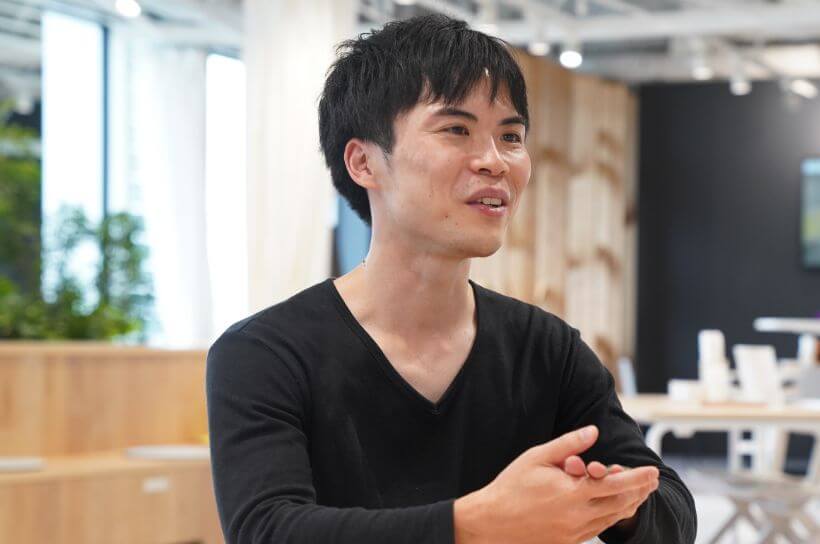
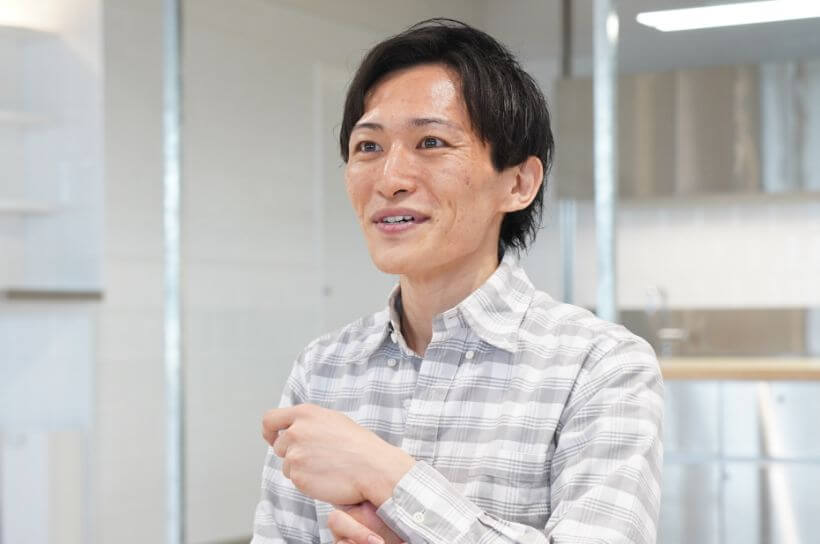
Differences between academic research and research conducted at corporations.
-

Ishikawa In our company, there are some members who become affiliated with universities or research institutions for several years after entering our company, and acquire doctoral degrees based on the results of that research. I think the specific situations differ, but there were around 10 people in my department who did this.
-

Kudo I also know colleagues who are aiming to obtain doctoral degrees while proceeding with work. They have consulted with their superiors and obtained permission from our company to attend graduate school. It seems that they are utilizing available times during their normal work to make preparations for research and for writing their papers. I believe that in order to gain a degree while also working, it is necessary to have carefully thought-out plans and a strong will to strive for that goal.
-

Nobori After entering, I was surprised at how many people in the R&D Group have doctoral degrees. I was especially shocked at how many people are what are known as “working doctors,” who gain their degrees while working. My superior was actually one of them. I believe it is entirely possible to obtain a doctoral degree while working as long as you have enough motivation.
-

Ishikawa Different elements are required by academic research at universities, and corporate research performed in the R&D Group. For example, I think research at universities focuses primarily on the goal of searching for the truth. Of course, corporate research emphasizes finding the truth as well, but it also places high importance on contributing to product development. That is why such research often has clearly visible connections to products. I also think there is an emphasis on acquiring patents.
-

Kudo Generally, even though there are also cases where academic research is actively conducted with the intention of improving corporate presence, I think there are differences in the versatility and practical applicability of the results of corporate and academic research. Corporate research basically consists of research with the main goal of contributing to business, while academic research has the goal of making direct or indirect social contributions. In the case of corporate research, I believe that what is important is how useful those research results are to the company.
-

Nobori The difference between corporate research, particularly RRP* development which I am involved in, and research at universities, is the sense of speed. At product development sites, the important points are how to bring out the highest level of performance in limited time periods, and whether it is possible to create and deliver products that can satisfy consumers, so that is where I feel the appeal of corporate research. However, this does not mean that there are set quotas for certain time periods. To a certain extent, I can actually design and manage the objectives and schedules for my own research at my own discretion. But while corporate research provides the freedom to work on ideas I have come up with myself according to my own methods, it also requires the ability to create plans and manage them independently.
*Reduced-Risk Products: Products with the potential to reduce health risks associated with smoking
How are you currently applying the experience and knowledge you have gained from your doctoral program?
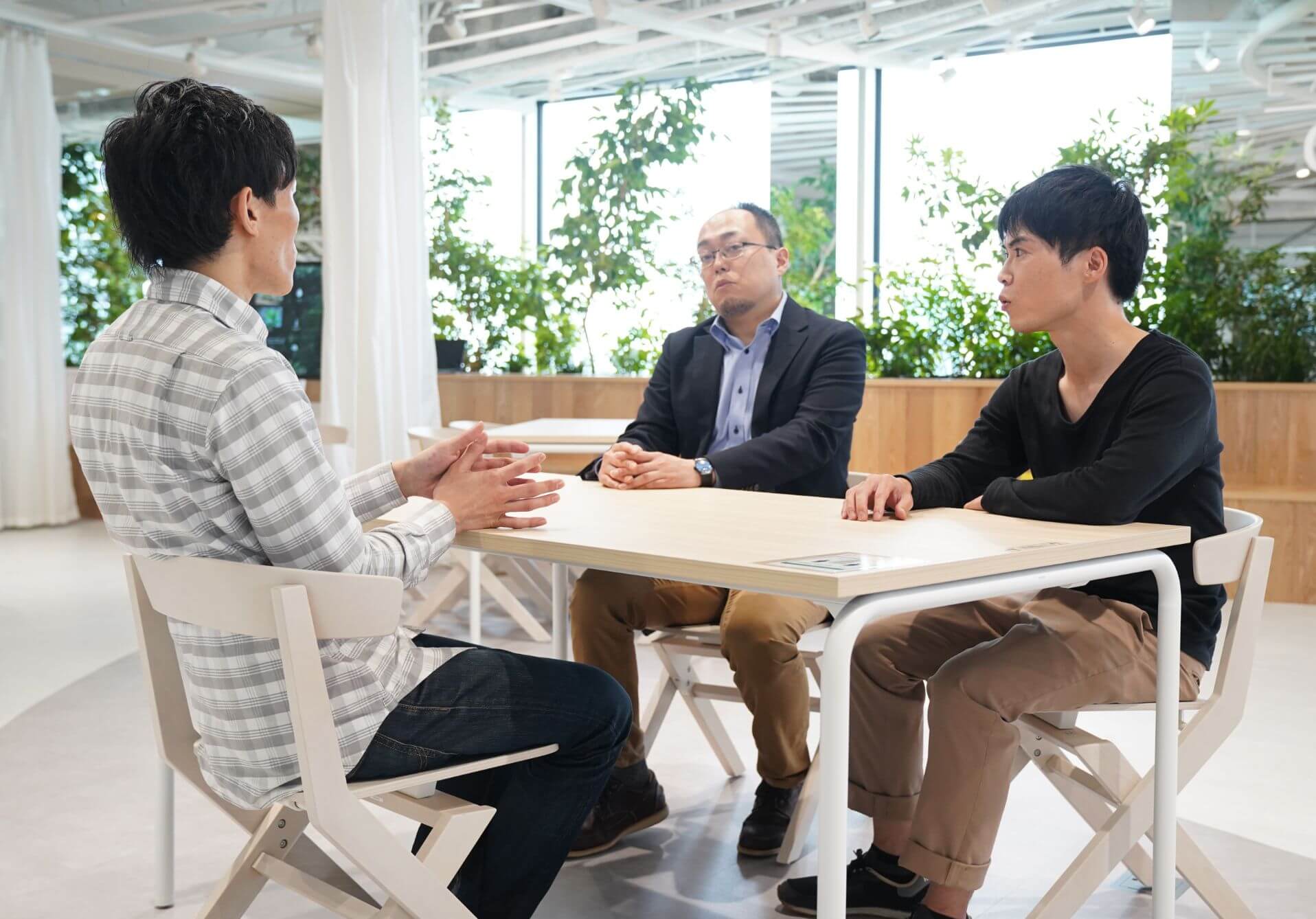
The skills acquired from doctoral programs can be applied in various work operations.
-

Ishikawa When writing my doctoral thesis, I received guidance from my instructor for being conscious of this procedure: “Organize existing information thoroughly with no omissions and clarify problem areas and points that were not achieved. Then, think of and select the best methods and approaches to resolve them, and quantitatively evaluate the degree of achievement from the results that were obtained. This will make it possible to closely examine the limits of the research theme and its future issues.” It is only obvious, but I believe this method of thinking can be applied to various other operations as well as research. Since there were times while I was receiving guidance where my work was viewed academically with a strict eye down to the finest details, it was a good opportunity for me to realize where I was being too easy on myself.
-

Kudo As Mr. Ishikawa has said, I also believe that the related knowledge, and methods and structures of thinking obtained during the process of acquiring a degree, as well as the ability to listen to and understand highly specialized content, and the ability to read and comprehend papers and informational materials, will be useful to work regardless of whether or not it involves research operations. I feel that there are situations where a “researcher’s way of thinking” further refined through research activities or while writing papers during doctoral programs can be applied at work sites.
-

Nobori I think the most important point may be adaptability. In the first year of my doctoral program, I changed my research theme which was within the same specialized field of bioanalysis. I had to make up for the difference in time in order to keep up with my peers who had been researching the same theme since the time of their master’s program, but because I am not skilled at such things I had no choice but to study as hard as I could. In the end, I acquired a doctoral degree with a thesis that linked my original theme with my new theme. I am currently involved with research in a specialized field that is different from that of my student days, but I believe that I can take on the challenges of working in new fields thanks to the adaptability I developed through my doctoral program.
-

Kudo Kudo: Still, I don’t believe that the experience and knowledge I gained during my doctoral program were all that exceptional. There are people with a wide variety of specialties and skills in the R&D Group. When actually doing work, titles and academic background do not matter. I believe that what is important is for diverse human resources to bring the individual knowledge and abilities they possess to a team that can join together as one to conduct even better research and development.
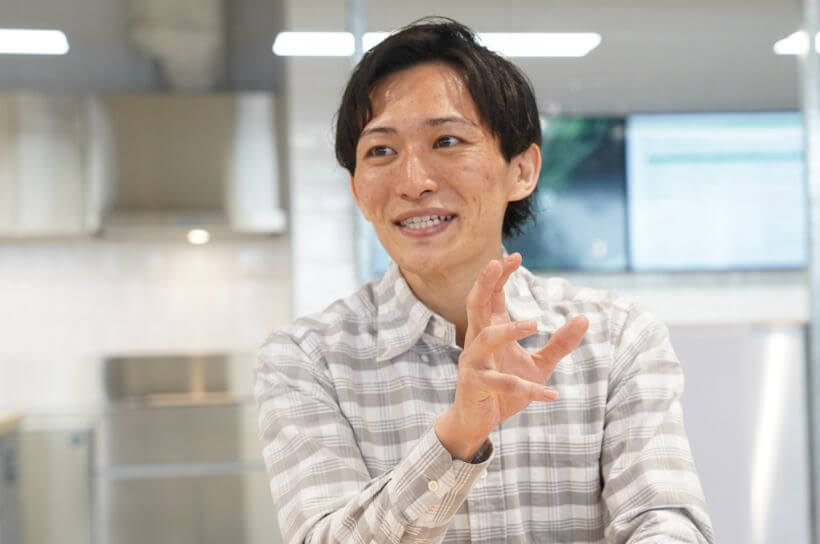
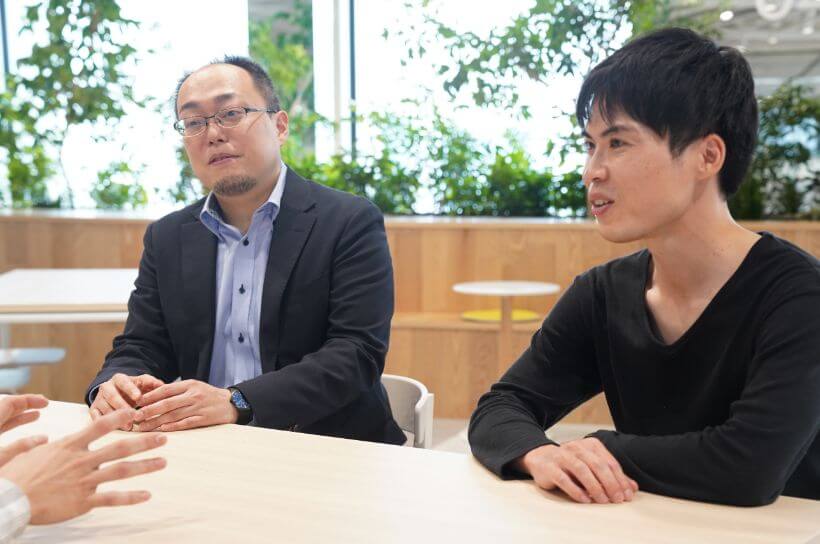
Expanding career options based on the things learned as a student.
-

Ishikawa Like Mr. Nobori and Mr. Kudo, there are many people in the R&D Group who have doctoral degrees but are working in fields that differ from the themes and specialties they acquired those degrees for. As for myself, I acquired my doctoral degree in a field related to cell culturing, an area that is an extension of my work. Therefore, even now I feel that through work, I am gaining deeper knowledge of my own specialty.
-

Kudo As with Mr. Nobori, the work I am currently involved in is not directly connected to the research theme I obtained my doctoral degree for. Additionally, since I am affiliated with a department that is more oriented toward the “Development” side of R&D rather than the pure investigative activities of “Research,” I have never felt that the content of my graduate school research, and the knowledge and wisdom I gained from it, are being applied to my work directly.
-

Nobori The field I originally performed research in was medical engineering, and I am now involved in chemical analysis. Although the area I work in differs from that of my student days, I have found that it is possible to become more interested in work than we might have expected even if it is in a different field.
-

Kudo I think that is absolutely true. I believe that the people who work in fields that completely match their specialties from their time as students might be the minority. Many researchers working in the R&D Group use the things they learned while they were students as a base, and are attempting research in slightly different fields and areas. By expanding and deepening their own fields of knowledge like this little by little, people can develop their specialized capabilities even further. I don’t think this is that difficult as long as we stay motivated while finding enjoyment in learning new things.
-

Nobori Being involved in product development like Mr. Kudo provides many opportunities to interact with various specialists. It is the same for me. Collaborating with such diversely talented people can give us knowledge outside of our own specialty. Finding out things that we didn’t know before is just simply enjoyable. Now that I think about it, before looking for employment I had absolutely no interest in the JT Group, but what made me decide to enter it was that when I observed a JT research laboratory during my job searching activities, everything was new and fresh and I got the feeling that tobacco industry was a fascinating field.
-

Ishikawa Looking around me, there are many people who have temporarily moved away from research sites after obtaining their doctoral degrees and are gaining experiences that differ from research, such as planning work or strategy formulation. Of course, people may also build careers in which they pursue the fields they are strong in as researchers and aim to become the best in those fields, but an advantage of the JT Group is that even if people enter the company in research work, there are options to advance in various other careers aside from research.
What do you think of the system to support research here?
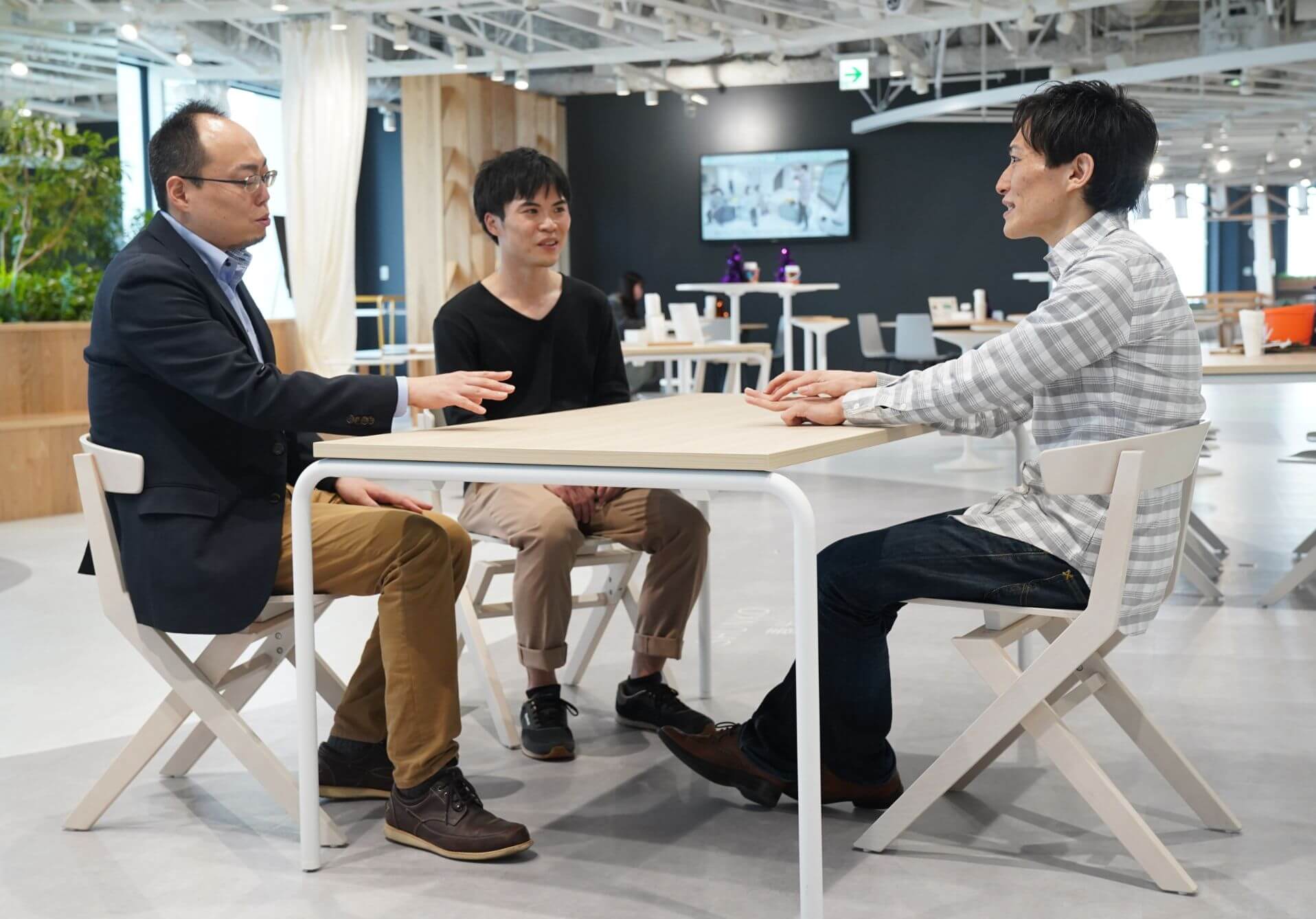
Workplace environments that make it possible to challenge various themes.
-

Ishikawa I think that the research environment is at a more than sufficient level. A full lineup of equipment and devices that are needed for experiments are provided, and materials can also be procured.
-

Kudo Since the JT Group’s research laboratory has equipment that is at the same level as or even higher than that of research laboratories at general national and public universities, it is possible to carry out thorough, extensive research.
-

Nobori In addition to chemistry and biology, development of tobacco products requires approaches from a variety of other scientific fields such as numerical analysis and mechanical design, so the Research Laboratory is equipped with a huge range of measuring and analysis equipment. Furthermore, its members have extremely diverse specialties. This makes it possible to receive extensive inspiration from specialists in various fields, share knowledge with each other, and deeply explore one’s own research topics. In addition, the R&D Group has a culture of cherishing the assertiveness and imagination of each member, so there are many opportunities to make the themes and ideas that people envision in their own minds into reality.
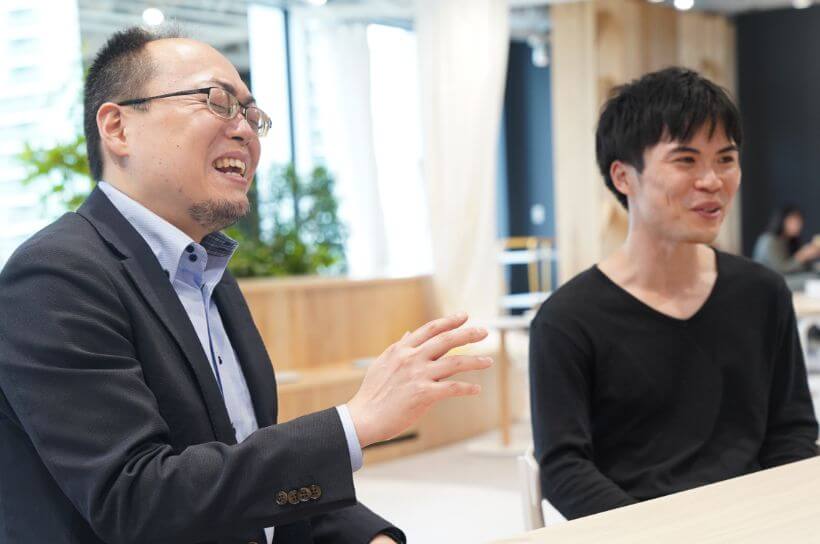
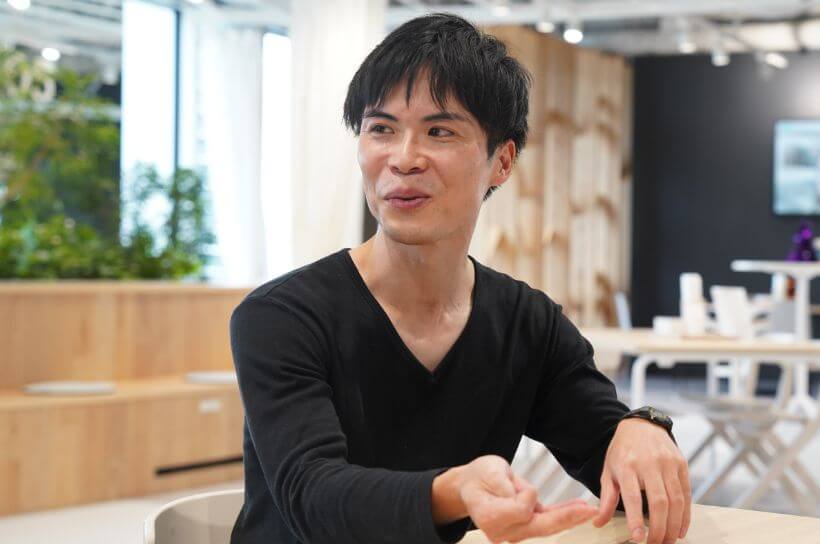
Rather than only following instructions, making proposals and testing them out oneself are also important skills.
-

Ishikawa The fact that the Group includes many researchers who have obtained doctoral degrees means that there is an environment where it is easy to seek research-related guidance, advice, and various forms of support from them. I believe that one point where it differs from a university research laboratory is that it emphasizes a greater sense of planning.
-

Kudo Yes, that’s true. In comparison to my time as a student, with corporate research and development there is a greater number of related parties involved with research themes and development projects. Also, since investigations up until commercialization are held across many departments, I think it is even more important to carefully establish detailed plans.
-

Nobori In terms of atmosphere, the department I belong to in particular includes experts from many fields, and even though their areas of specialty and work positions differ, there is a climate of bringing together their respective knowledge and ideas, and a feeling of “Let’s try it out together.” I think this makes it easier to collaborate and attempt new challenges.
-

Kudo There might be some slight differences in the work processes and the workplace atmosphere between the science research fields that Mr. Ishikawa belongs to, and the technical development fields that Mr. Nobori and I work in. However, both Mr. Nobori and I were affiliated with science research fields when we first entered, and later transferred to technical development. Since there are personnel transfers carried out between research areas and development areas like ours, I don’t think there are any negative barriers between these departments.
-

Ishikawa What do you think of the ease of doing voluntary research and development activities? In the team I belong to, there is a certain level of freedom in setting research themes as long as they can move toward addressing issues that have been designated, so people can attempt such challenges. Of course, the premise is that those research results will contribute to the research and development operations of the R&D Group.
-

Kudo People responsible for development like us are also in charge of our own time management, and it is recommended to us to pursue topics of our own interest. Many prototypes are created on a trial basis in product development processes. Even though ultimately only one of them will be adopted, there may be cases where improvements are repeatedly conducted even on those that have not been adopted if they are thought to have values worth pursuing, and they may even be completed as finished products. Instead of only doing what we are told, I feel it is important to act with initiative and make suggestions from our own side.
-

Nobori It seems that people in our company all are acting with a fairly aggressive stance. Even in the teams I belonged to in the past, there was a central topic of chemical analysis but there was also an atmosphere of independently developing and improving new analysis techniques. I believe that this has become our culture, like a bloodline passed down from the managers and other employees who came before us.
What do you want to accomplish from here on in the JT Group?
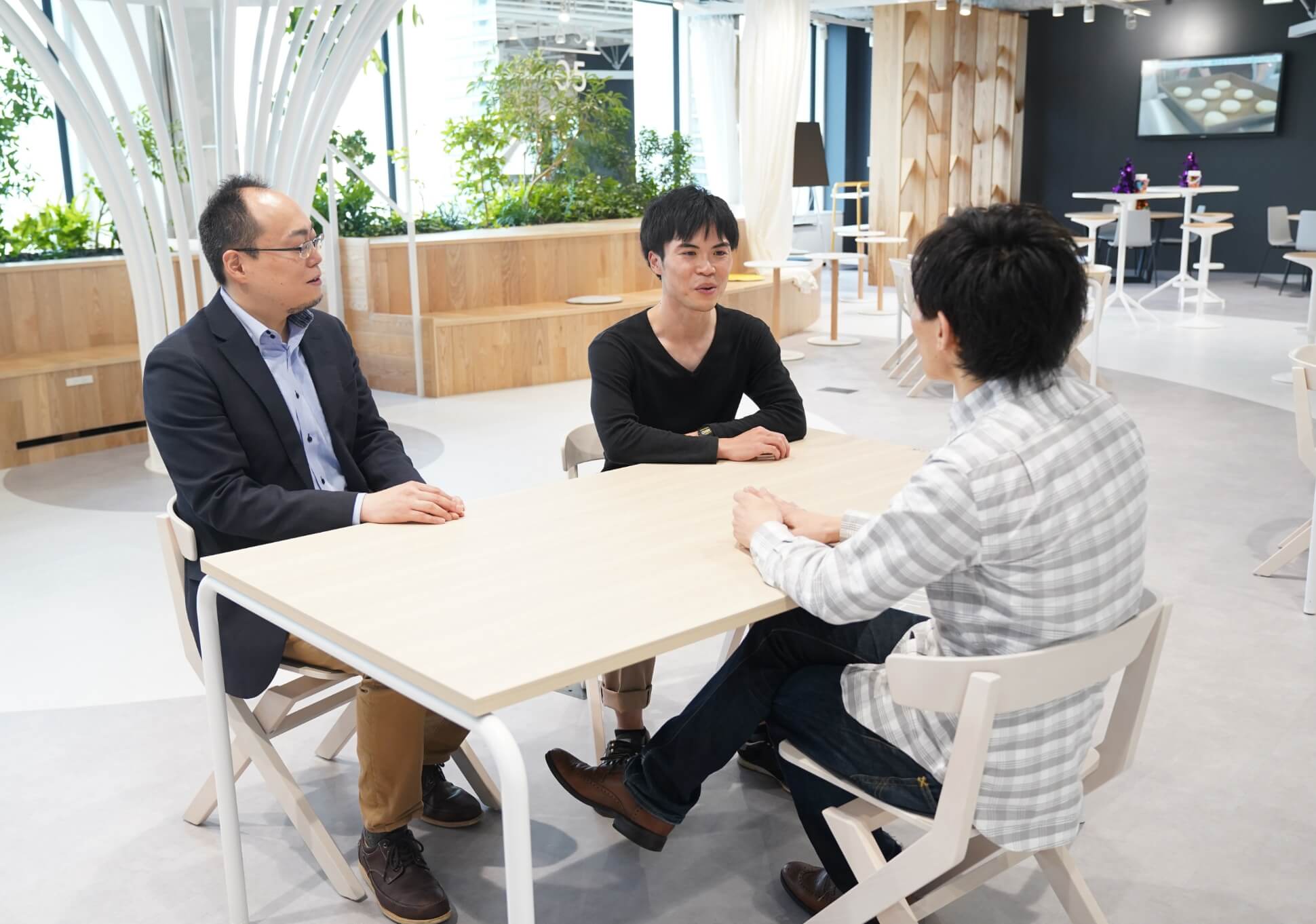
A desire to deliver products to the world that apply the results of one’s own research and development.
-

Ishikawa Although it might be difficult in my field of specialization with operations oriented toward the science research topic of cell cultivation experiments, I would be pleased if at some time my research results could be directly applied in products.
-

Kudo Since I am responsible for work in a field that is closely connected to products, I carry out my daily work with the mindset of having the knowledge and experience I have gained be useful to new product development. I want to create new products which allow me to think, “This product is the culmination of my research results.”
-

Nobori I would like to achieve an increase in the speed of analysis work. I want to put even more effort into the introduction and development of new analysis equipment and analysis methods, to deliver products that can satisfy consumers as quickly as possible.
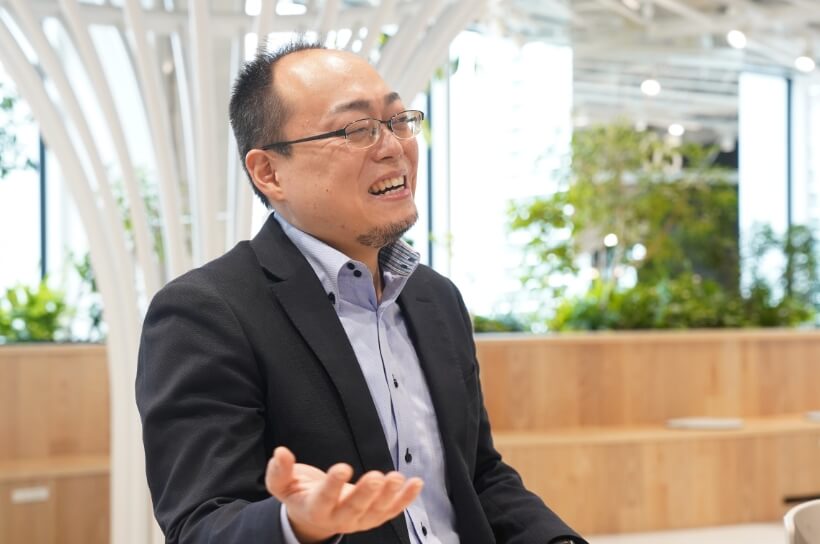
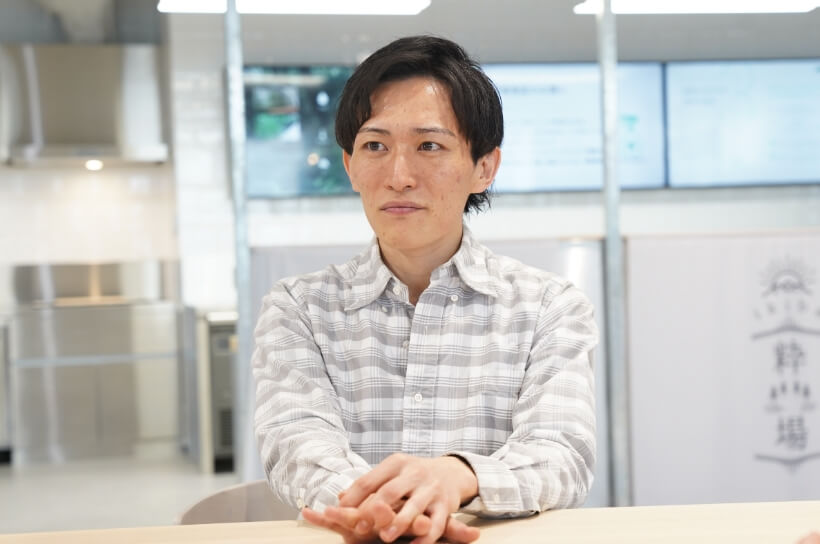
Bringing happiness to consumers is the true appeal of research and development.
-

Kudo The flavors that I am responsible for can bring enjoyment to consumers as tastes, so making consumers happy brings me more satisfaction than anything. It is also wonderful when people within our company who are involved in product development tell me, “This is great! You did a good job.”
-

Nobori Because I work in analysis, instead of making things with my own hands like Mr. Kudo, my role is to obtain data that can support product development. Therefore, it may seem that my work is positioned far away from consumers, but that is not actually the case. For example, with the RRP* that I am engaged in, if analysis work is delayed for several days, the delivery of products to the hands of consumers will also be delayed. If that happens it means we have not met the expectations of consumers, so I always try to work as quickly as possible.
-

Kudo Even though there are differences between product development and analysis, the true appeal of work is bringing joy to consumers who hold our products in their hands. As a person who makes things, I want to develop products that incorporate even more of my own ideas, so that I can confidently say, “My own essence is in this product.” Then, if I could see that product being chosen and enjoyed by consumers who know nothing about me, I think it would give me a better feeling than anything. That is one dream I want to accomplish.
-

Nobori In addition to contributing to consumers, I believe that increasing the speed of analysis even as a contribution to our company is also important. Scientific data is one resource used to make judgments on what businesses to invest in, while looking toward the future. I want to carry out my work with the excitement and pride of being responsible for the important function of collecting and analyzing data that will affect the management decisions of the JT Group.
-

Ishikawa Another goal of mine is that since I obtained a doctoral degree after entering the company, I want to support colleagues who have the same intention of gaining a degree while working. If we can create a continuing internal culture where people obtain degrees and then support subsequent people aspiring to do so, I think it would be fantastic if the expertise accumulated in this way could be connected to the next generation. After all, doing it like I did where I found an instructor on my own, wrote my paper on my own, and acquired a degree on my own was very difficult.
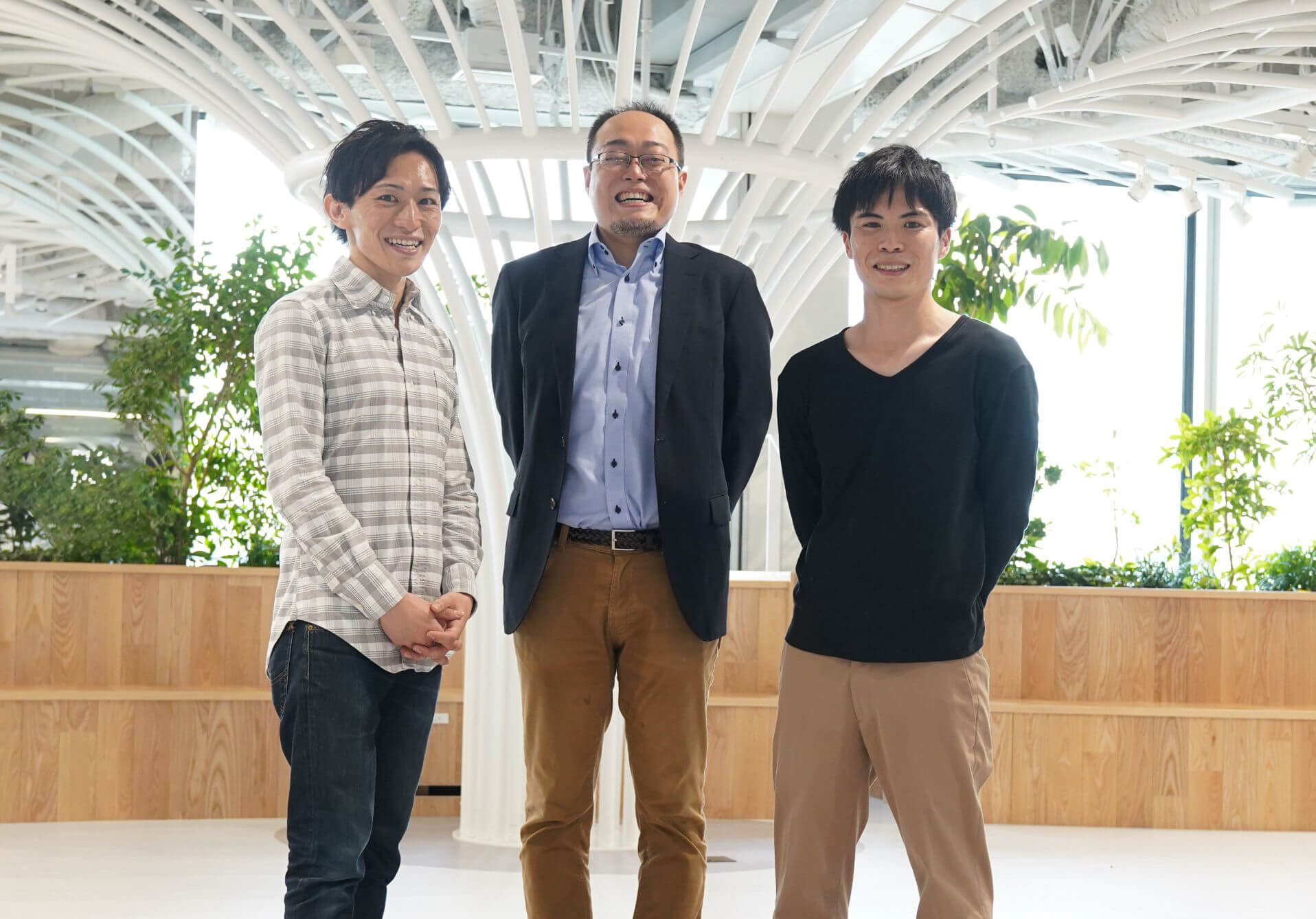
Summary
The R&D Group is a workplace where members with diverse talents and specialties assemble and are active. Possessing a doctoral degree is also one of those talents. Its members apply their abilities such as the specialized knowledge they have each cultivated or the wide range of skills they have obtained through programs for the acquisition of degrees, as they work on research and development. It is a workplace environment whose corporate culture encourages its members to undertake independent challenges and deepen their own knowledge toward the pursuit of new research topics and discovered themes which are found as members with diverse characters bring out each other’s abilities, and also provides opportunities to expand the scope of their careers through efforts such as acquiring doctoral degrees after entering the company.
I completed a master’s degree program in 2010 and entered the JT Group as a new graduate. After entering, I then summarized my research results from the work I was performing at our company into a thesis and obtained a doctoral degree. My reasons for obtaining this degree were that when I participated in a study session outside of the company, I was fortunate enough to meet an instructor who provided me with guidance, and I thought it would be beneficial to have a doctor’s degree if I would continue working as a researcher.